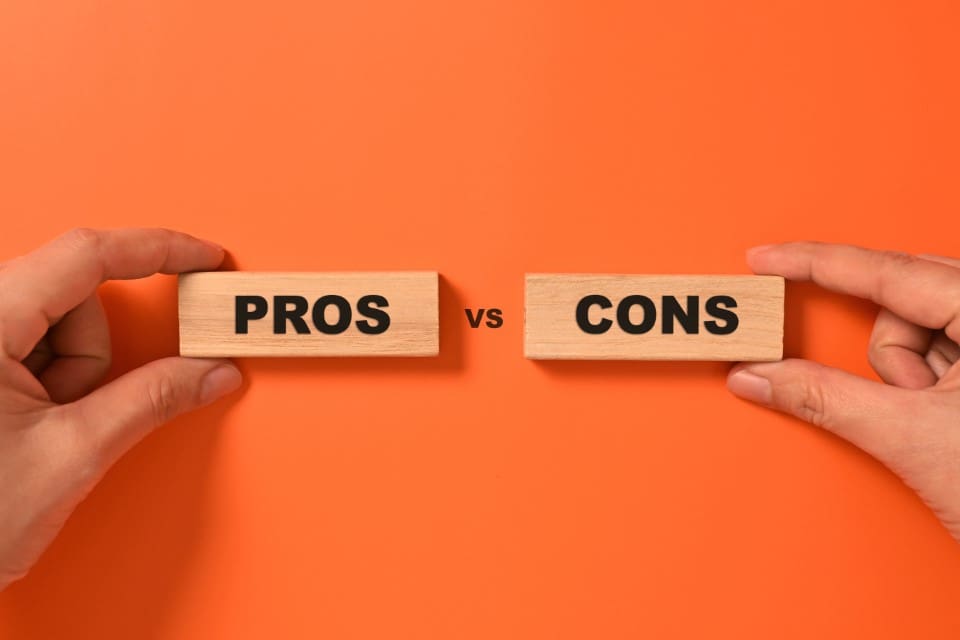When selling a home, one key question often arises: should sellers pay buyer closing costs? This is a common negotiating point in real estate transactions and can impact the sale’s success. Offering to cover these costs can make your property more attractive, especially in a buyer’s market. Buyers may have limited cash on hand, and covering closing costs can make the deal feasible for them. However, it’s essential to understand both the advantages and potential drawbacks before making this decision.
Advantages of Paying Buyer Closing Costs
Paying the buyer’s closing costs can significantly widen your pool of potential buyers. For first-time homebuyers or those with limited funds, this assistance can be the difference between making the purchase or not. Additionally, this gesture can speed up the sale process, as it reduces financial barriers for the buyer. In competitive markets, offering to pay these costs can set your property apart from others. This strategy often results in a quicker sale and can sometimes lead to a higher overall offer price, as buyers might be willing to pay more for the home if they know they won’t have to cover closing costs.

Drawbacks of Paying Buyer Closing Costs
While paying the buyer’s closing costs can be beneficial, it also has its downsides. For starters, it reduces your net proceeds from the sale. Depending on the closing costs in your area, this could be a substantial amount. Additionally, some sellers might feel that they are giving away too much, especially if the buyer is already getting a good deal. It’s crucial to weigh the financial impact on your own bottom line before agreeing to this. Moreover, in a seller’s market, where demand exceeds supply, offering to pay closing costs might be unnecessary and could even be seen as a sign of desperation.
Negotiating Closing Costs in Different Markets
The decision to pay buyer closing costs often depends on the current real estate market conditions. In a buyer’s market, where there are more homes for sale than buyers, offering to cover these costs can be a strategic move to attract buyers. On the other hand, in a seller’s market, buyers might be willing to cover their own closing costs due to the competition for available homes. Understanding the local market trends and getting advice from a real estate professional can help you decide the best course of action. Tailoring your approach based on the market can maximize your sale price and minimize time on the market.
Alternatives to Paying Buyer Closing Costs

If you’re hesitant to pay the buyer’s closing costs outright, there are alternative strategies to consider. One option is to offer a closing cost credit, where you agree to contribute a certain amount towards the buyer’s costs. This can be an attractive middle ground, making the offer more appealing without shouldering the entire burden. Another approach is to price your home slightly higher with the intention of covering these costs within the sale price. Additionally, negotiating other terms of the sale, such as repairs or a quicker closing timeline, can sometimes be enough to sweeten the deal without directly paying the closing costs. Exploring these options can provide flexibility and keep negotiations favorable.
Making an Informed Decision
Deciding whether to pay buyer closing costs requires careful consideration of your financial situation, market conditions, and the needs of potential buyers. It’s not a one-size-fits-all decision, and what works for one seller might not be ideal for another. Consulting with a real estate agent can provide valuable insights tailored to your specific circumstances. By weighing the pros and cons and considering alternative strategies, you can make an informed decision that best aligns with your goals and market conditions. Ultimately, the right approach can enhance the appeal of your property and facilitate a successful sale.
#RealEstate #HomeSelling #ClosingCosts #PropertyMarket #SellerTips #RealEstateAdvice
